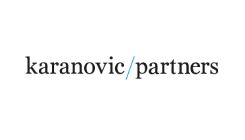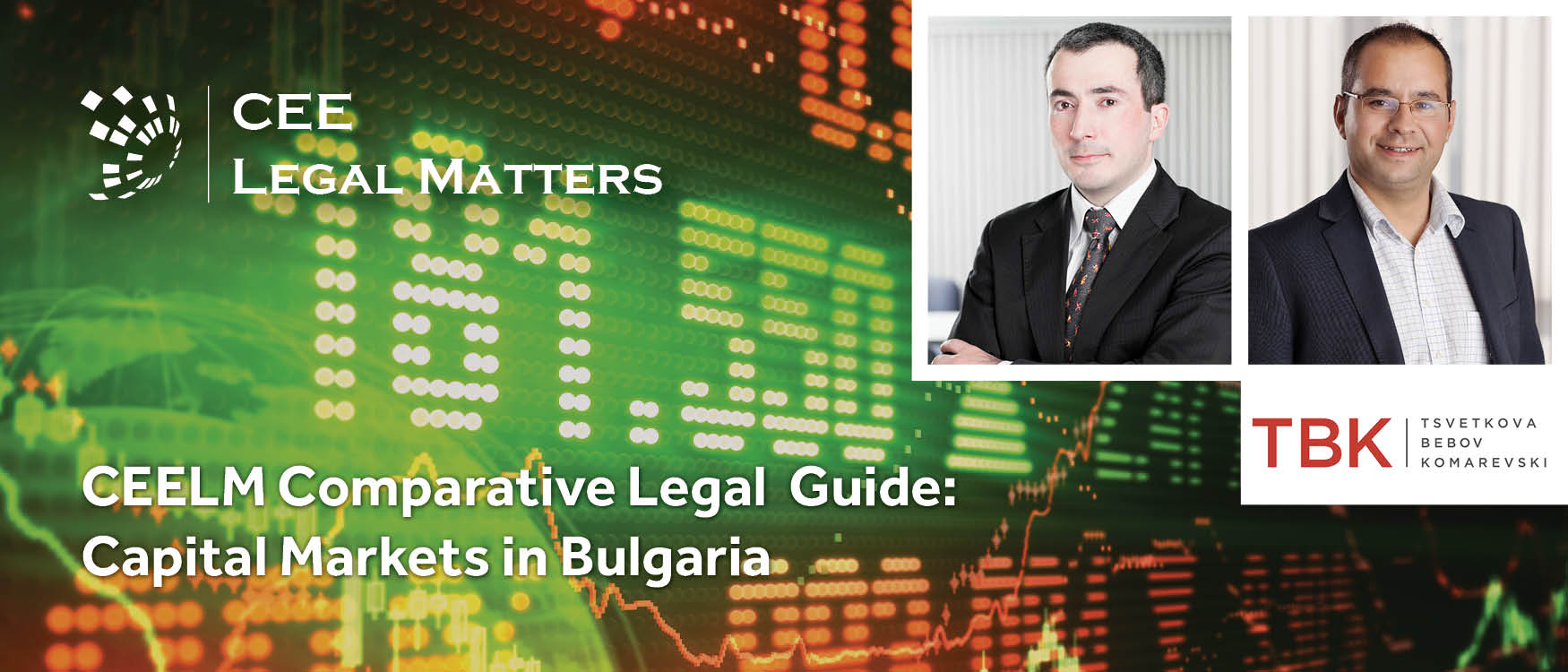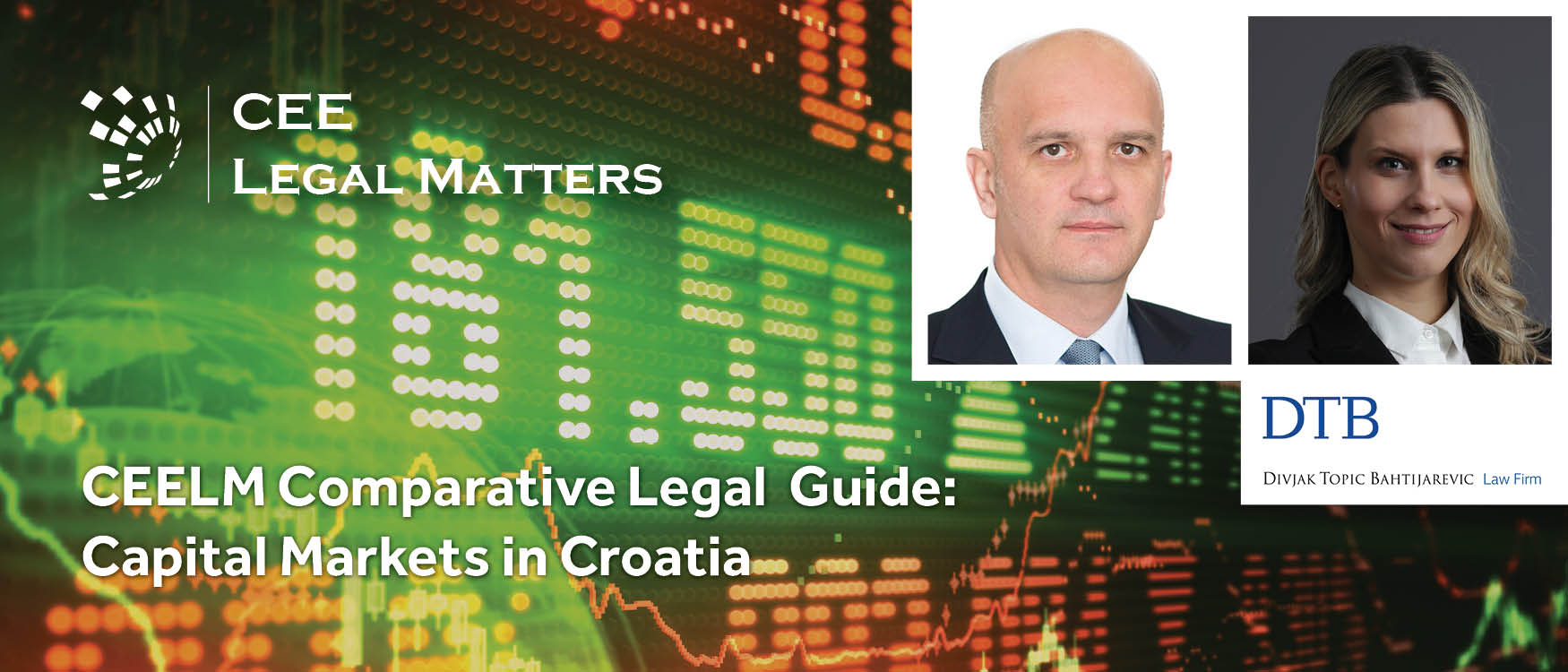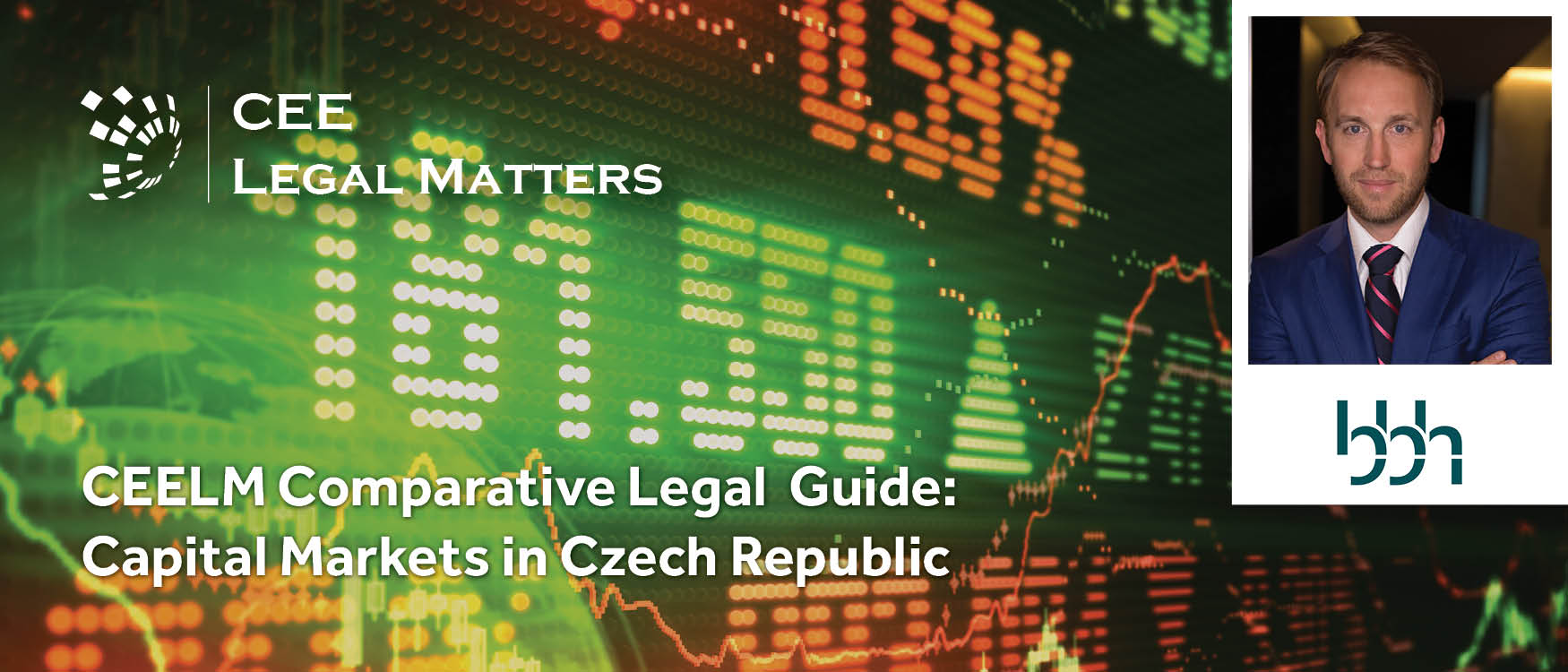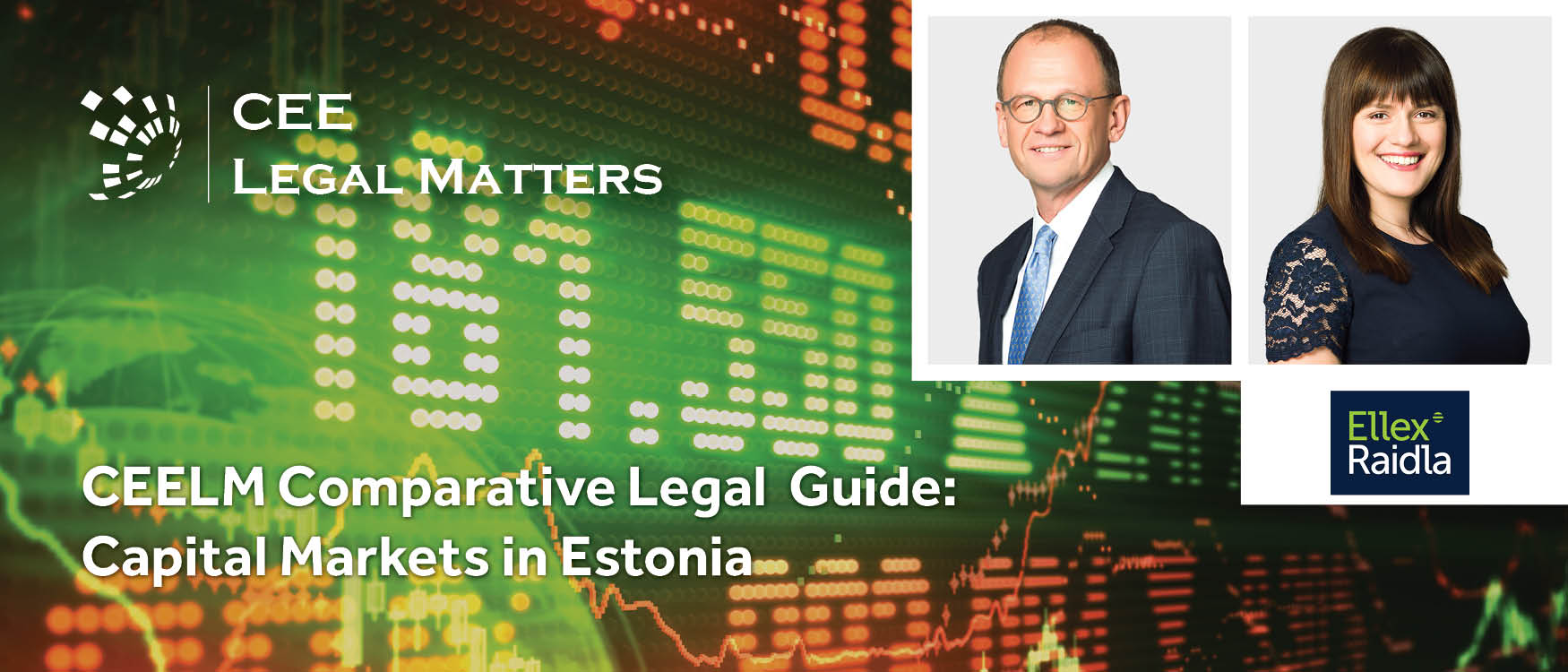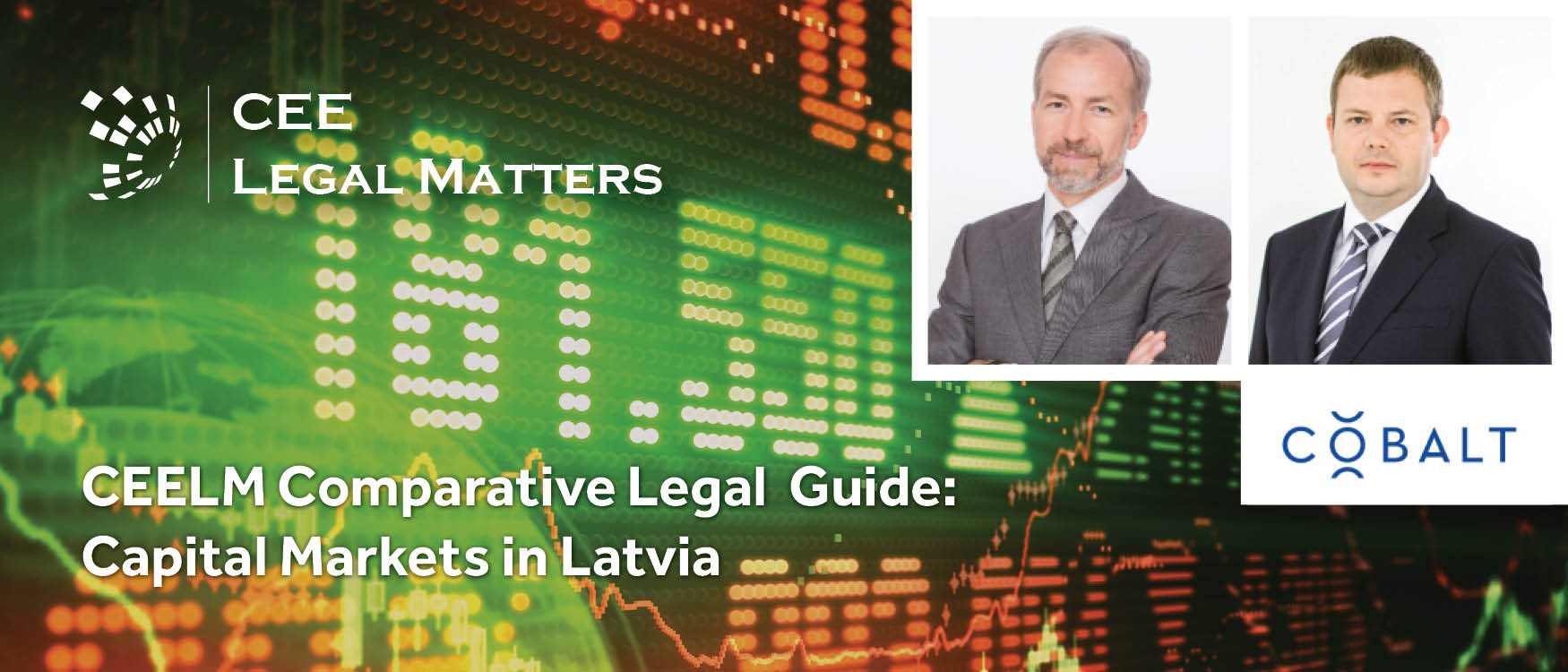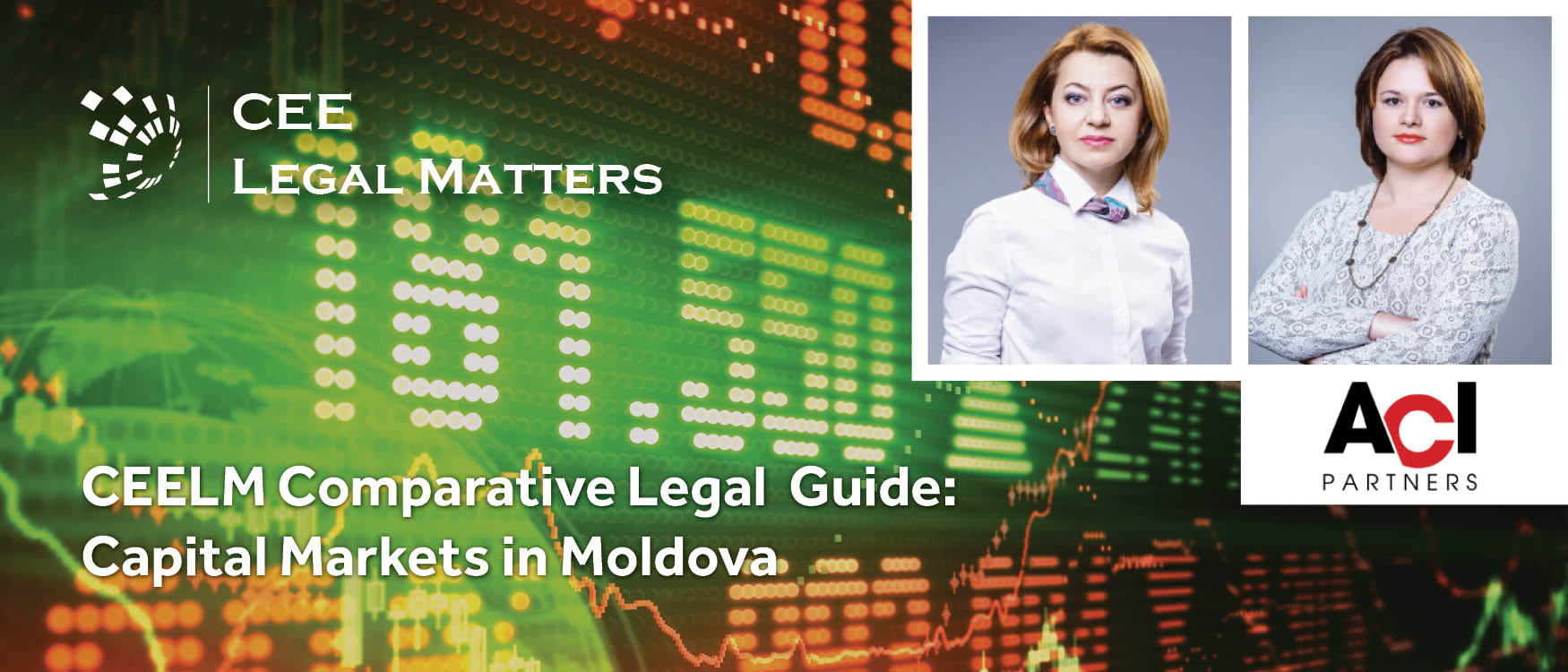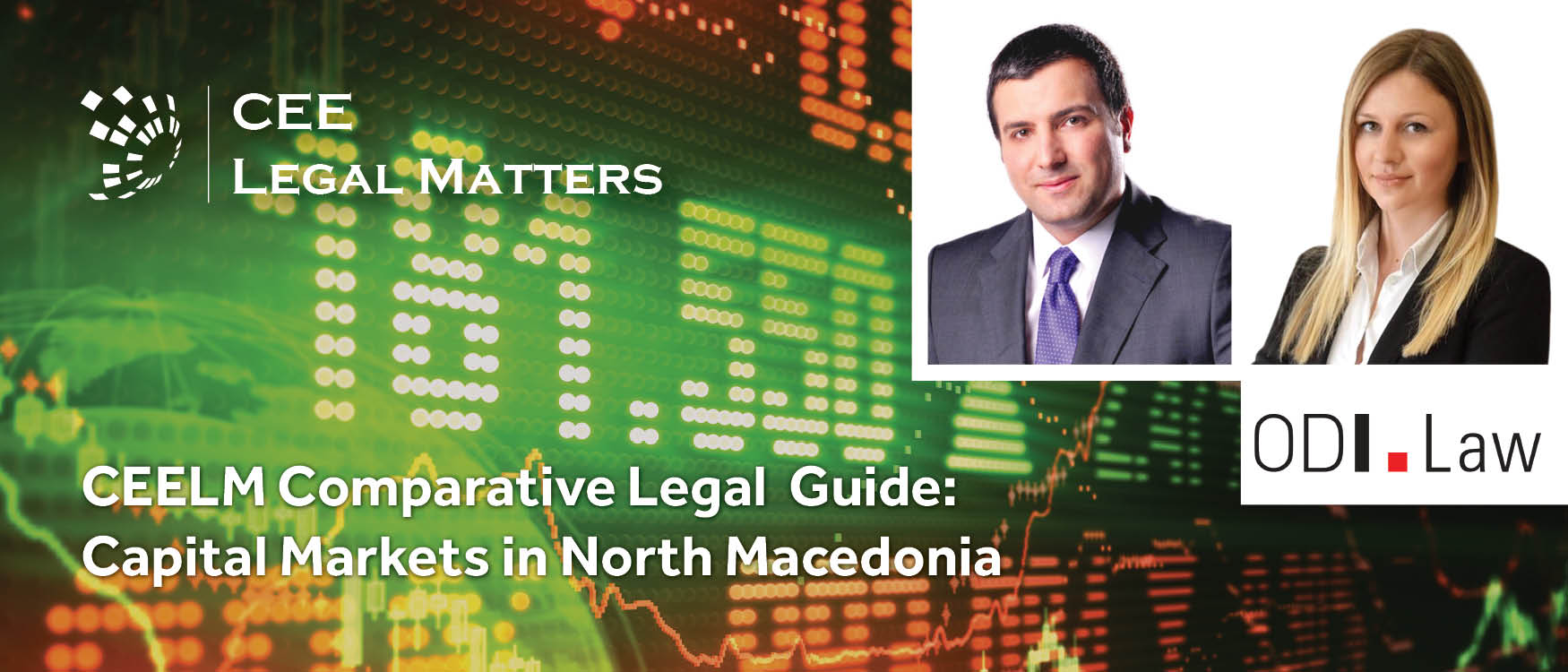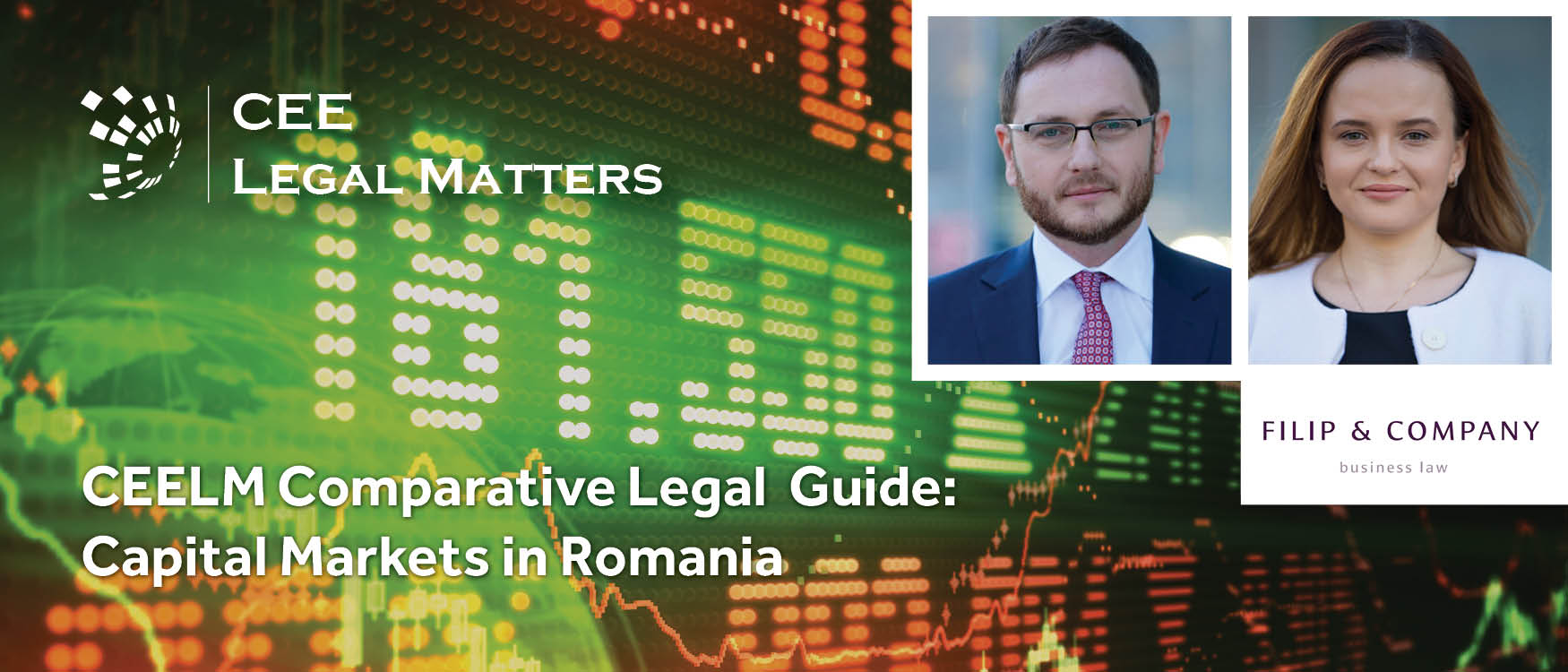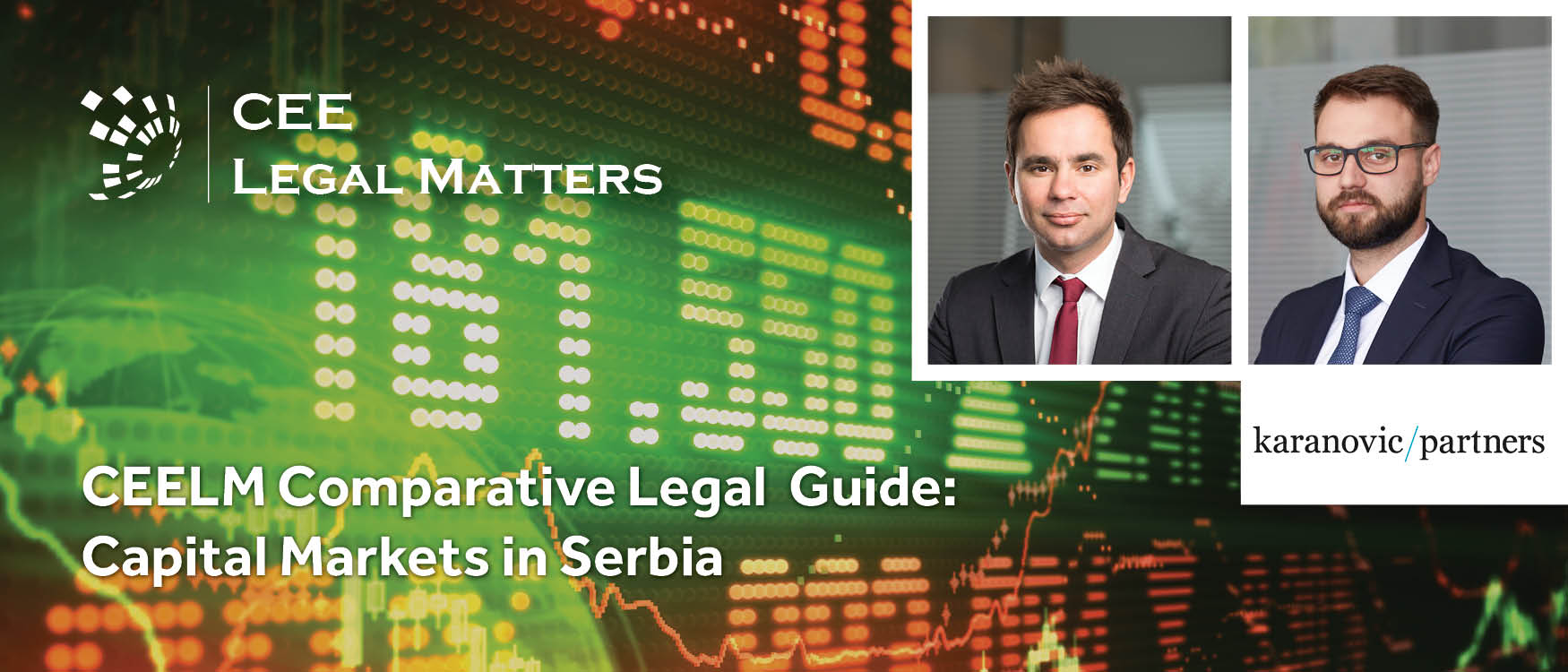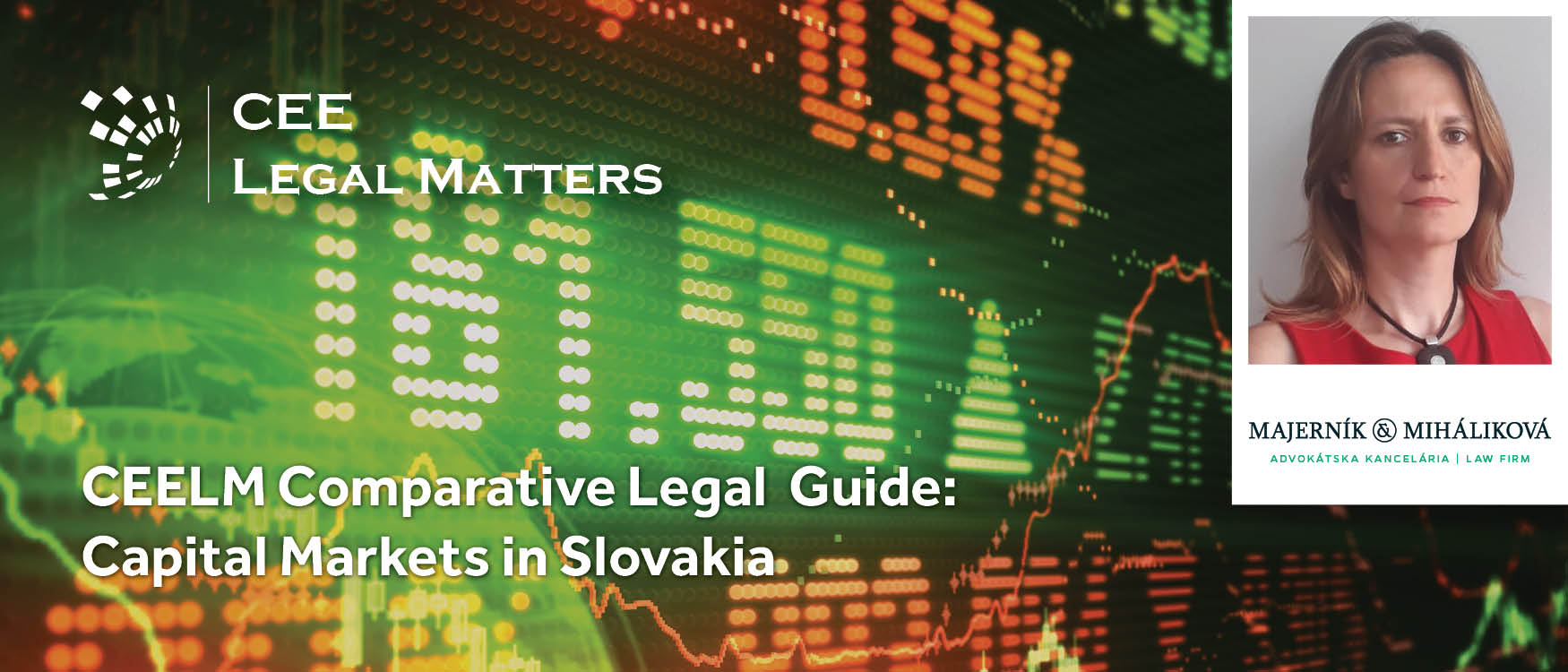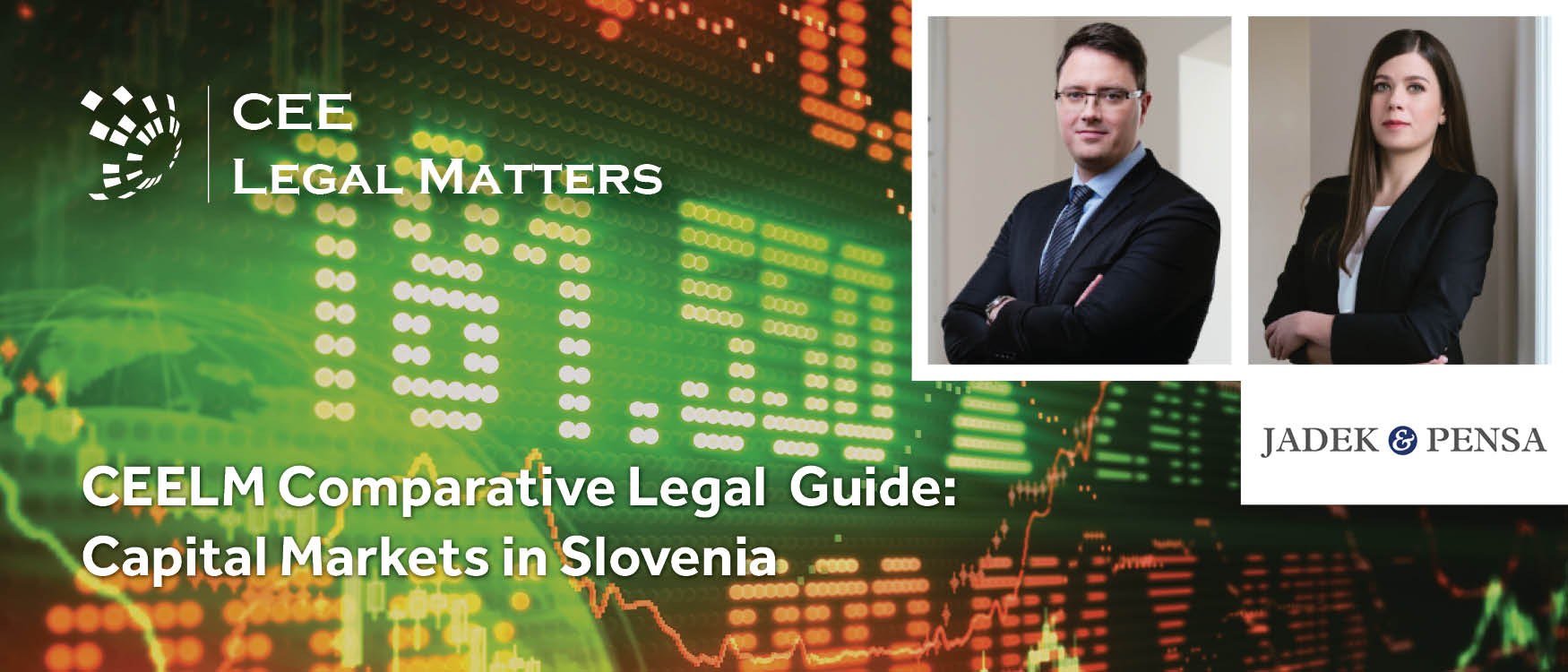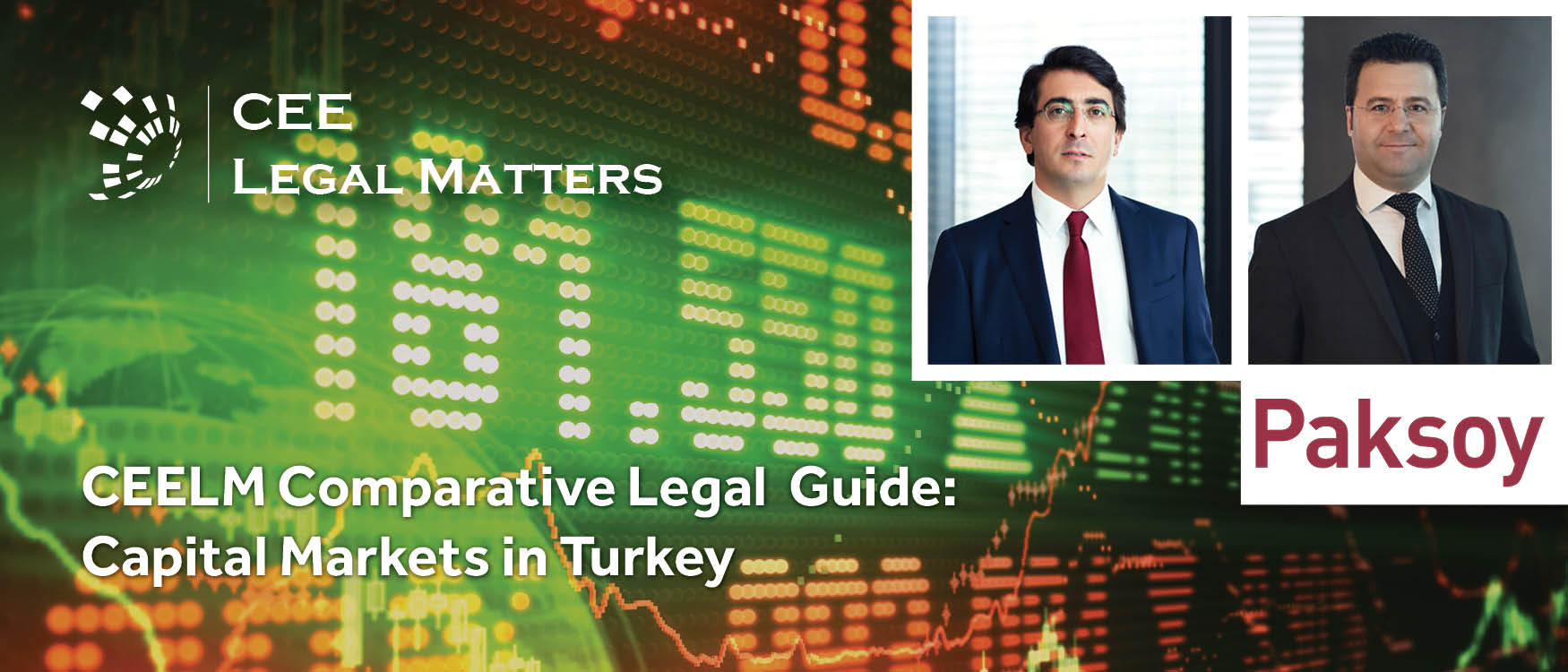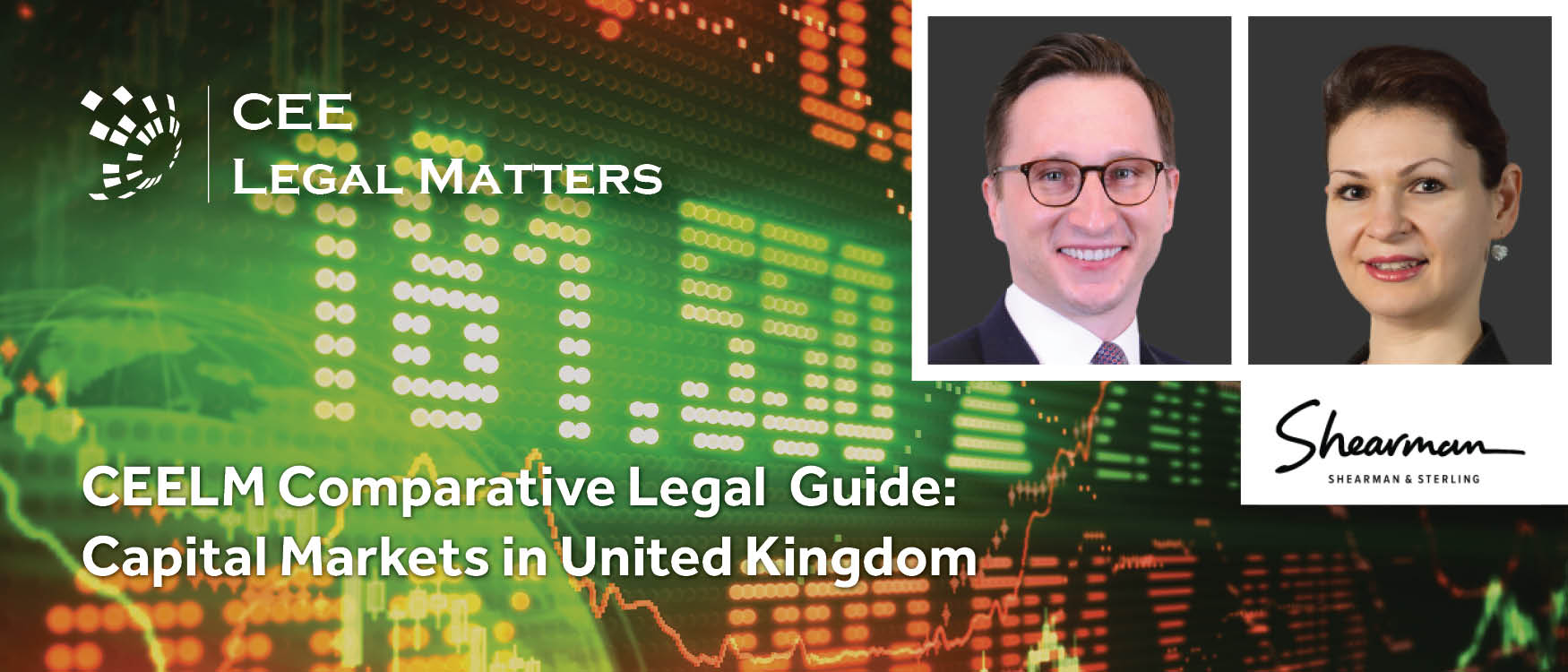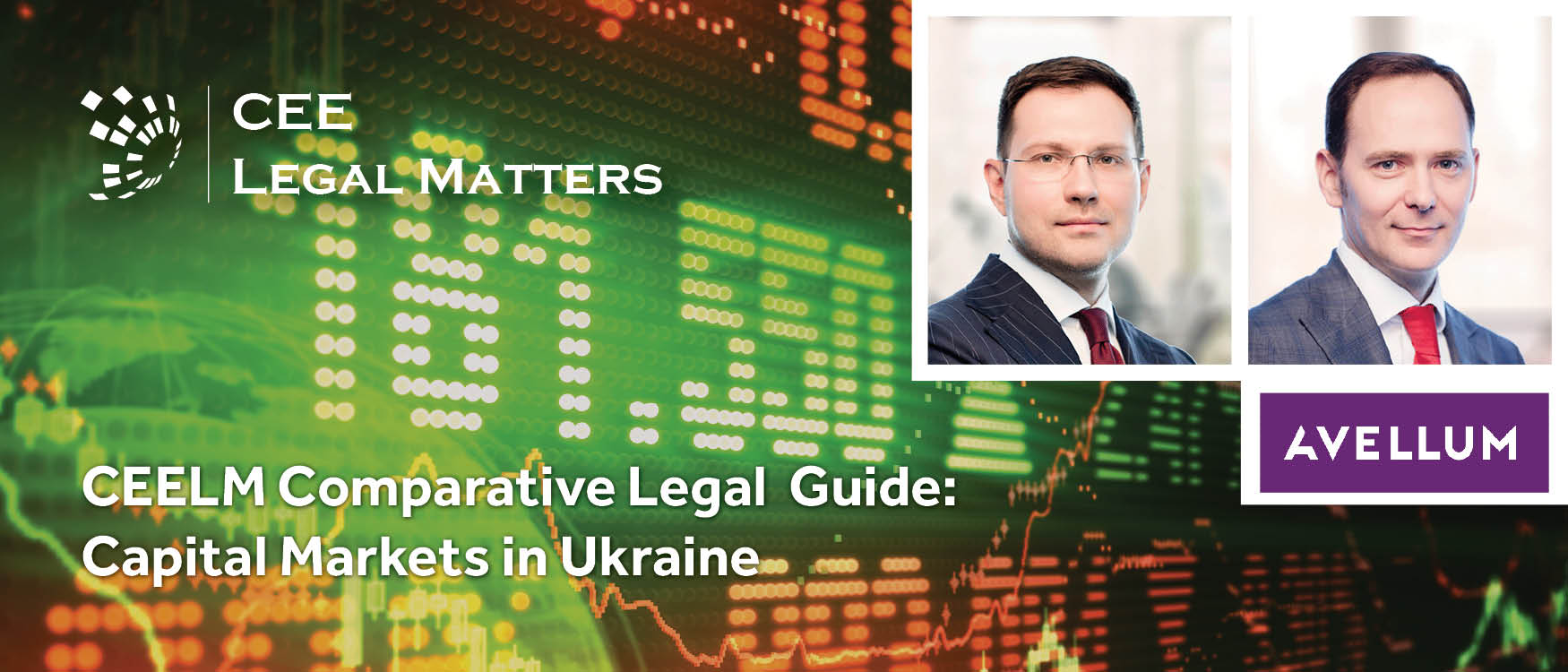Contributed by Karanovic & Partners.
1. Market Overview
1.1. Biggest ECM and DCM transactions over the past 2-3 years
Total turnover on Montenegro Stock Exchange (the „MSE”) in 2018 amounts to EUR 147.355.442, which is 210% more than in 2017. About 95% of the turnover in 2018 was generated in the Free Market. In addition to this, total turnover on the MSE in 2019 amounted to EUR 318.175.436, which is an increase of 116% compared to the achieved turnover in 2018. Similar to 2018, about 88% of turnover in 2019 was generated in the Free Market.
The largest ECM transactions were carried out within the Elektroprivreda Crne Gore AD Niksic, Montenegrin power company, which issued 54,785,075 shares worth EUR 230.572.186,0300, in overall six transactions. These transactions relate to block trades, free market. First two transactions were made at 2018, and the rest of them at 2019. The single largest transaction was made in May 16, 2018 and amounts EUR 68.939.595,3600.
Second biggest transaction was made by the issuer Podgoricka banka AD Podgorica – Member of OTP group, and it amounts EUR 35.629.692,3700, in single transaction. This transaction relates to block trades conducted in multilateral trading platform, and it was made in 2019.
When it comes to DCM transactions, in Montenegro it usually refers to government-issued bonds. Exceptionally, companies issue them as well, but that is not such a common occurrence.
The State of Montenegro made in overall 52 transactions in period of last two years. This was done through five separate issuances, and total scope of these transactions is EUR 14.577.926,3200. With that being said, the biggest issuance was made with four transactions with amount of EUR 7.628.278,0000, three of them performed in 2019, and one in 2020.
Like stated above, corporative bonds are not so common in Montenegrin capital market, or put differently, they don’t appertain to the active market. In stated period and mentioned field, 54 transactions were made by two entities. Total scope was EUR 6.377.036,3500. The issuers were banks, Universal Capital Bank AD Podgorica and Hipotekarna Banka AD Podgorica.
2. Overview of the local stock exchange and listing segments (markets)
MSE was founded back in June 1993, in accordance with the Law on Money Market and Capital Market. The first shareholders were the then Republic of Montenegro and four Montenegrin banks.
Subsequently, in 1995, the Law on Stock Exchanges, Stock Exchange Operations and Brokers was adopted, and MSE adjusted its operations in accordance with its provisions. In the meantime, the redefinition of the state union occurred, which enables the transposition and takeover of certain powers of the federal institutions by the institutions established in the Republic of Montenegro.
After taking over the responsibilities of the Federal Securities and Financial Markets Commission, and after determining the fulfilment of all necessary preconditions, the Securities Commission of Republic of Montenegro approved in December 2000 the operating license.
The transfer of the regulatory authorities of the securities market to the republics led to the adoption of the Montenegrin Securities Law, which did not regulate the issue of trading with short-term securities. With the adoption of this law, long-term and equity securities began to be traded on MSE.
On 20 September 2001, the New Securities Exchange of Montenegro AD Podgorica (NEX Montenegro) was established by six Montenegrin financial institutions and the Brokers Business Association. During that period, activities at the MSE were minimized (due to non-fulfilment of legal requirements for trading in securities).
The final harmonization with the Montenegrin Securities Law was made in 2004, and thus, until the end of 2010, two stock exchanges operated in Montenegro. The beginning of operation of the NEX Montenegro is significant since, for the first time in Montenegro, the electronic trading system to close transactions was used.
At the beginning of 2011, two Montenegrin stock exchanges were integrated with the merger of NEX Montenegro with MSE.
The first working day at the unique MSE was 10 January 2011.
In December 2013, the Istanbul Stock Exchange became a strategic partner of the MSE by purchasing 24,38% of its shares.
Listing segments (markets)
When it comes to the listing segments, the MSE organizes and manages:
- Regulated market, consisting of the two segments:
- Stock Exchange Market (the “SE Market”) and
- Free Market
- Multilateral Trading Platform (the “MTP ME Market”)
- Multilateral Trading Platform for Developing Companies (the “MTP GROW Market”)
In addition, SE Market, as one of the segments of the regulated market, is consisted of the following sub-segments:
- Prime Market and
- Standard Market.
MSE Rules (the “Rules”) strictly define the financial instruments that can be traded on the regulated market, such as:
- shares or other securities of the same significance that represent a share in capital or membership rights in a company, as well as certificates of deposited shares,
- bonds and other types of securitized debt, including certificates of deposited securities,
- structured financial products,
- money market instruments: treasury, bills and commercial bills, deposit certificates, as well as other financial instruments commonly traded on the money market, and
- units of joint venture entities, pursuant to the Capital Market Law (the “Law”) provisions.
As regards the specific requirements for the admission of financial instruments in trading on regulated market it mostly depend on the type of financial instrument to be traded with, as well as on each segment of regulated market, as explained below.
On the other hand, the MTP ME Market is an alternative market managed by the MSE. The main characteristic of MTP ME Market is lower transparency requirements for issuers and financial instruments in relation to the regulated market, and therefore the greater risk of investing in financial instruments traded on the MTP ME Market. The MSE seeks to ensure sufficient level of publicly available data on financial instruments traded on the MTP ME Market for the purpose of orderly trading and pricing. The provisions of the Law and other regulations, as well as the bylaws adopted pursuant to these regulations, relating to the prevention and detection of market abuse, shall apply to trading on the MTP ME Market.
When it comes to the types of financial instruments to be traded with, the MTP ME Market can be traded with the following financial instruments:
- shares or other securities of the same significance that represent a share in capital or membership rights in a company, as well as certificates of deposited shares,
- bonds and other types of securitized debt, including certificates of deposited securities, and
- units of joint venture entities in accordance with the provisions of the Law.
With respect to MTP GROW Market, it represents the development market of the MSE for newly established joint stock companies that do not meet two or more conditions for admission on the Free Market.
On the process of joining the MTP GROW market and the obligations of the issuer after entering the MTP GROW market, the provisions for Free Market will be applied.
The issuer whose shares are admitted on the MTP GROW market is obliged to submit the required information to the MSE in the English language at its request.
3. Key Listing Requirements
The listing requirements for the admission of equity and debt securities varies quite considerably dependant on the market. The following information outlines some of the key listing requirements for listing various financial instruments on the various markets. Since the Rules provide for certain terms that should be fulfilled in each case, while also prescribing some other requirements typical for the particular type of market or financial instrument, the following overview is set out in order to follow the structure of the Rules.
First of all, the MSE decides on the admission of financial instruments on regulated markets. The request for admission shall be submitted to the MSE in writing on a form determined by the MSE, and officially published on its website. The request for admission may be submitted by the issuer or the person having the issuer’s authorization, except in cases specifically prescribed by the Law and applicable legislation, when the financial instruments may be admitted to the regulated market without the consent of the issuer.
Alongside the request for admission, the applicant is obliged to enclose the following documents:
- certified copy of the decision on the entry of the issuer into the corresponding register,
- Articles of Association,
- the annual financial report with the opinion of the auditor in order to prove the fulfilment of the financial conditions for admission to the respective segment of the regulated market, if the given data is not contained in the prospectus of the issuer,
- prospectus or the statement on using one of the rights to an exemption from the obligation to its composure and publishing,
- copies of all decisions made by the Capital Market Commission (“Commission”) in relation to a financial instrument whose admission is required,
- statement that the issuer has acted in full compliance with the provisions of the Law and other regulations and that he has all the prescribed approvals and consents of the competent authorities,
- statement that it has been informed by the MSE of the obligations arising from the admission of its financial instrument on the regulated market, at the first admission of a financial instrument on the regulated market,
- statement certifying that there is an appropriate internal organization, systems and procedures that ensure the timely availability of information to the market,
- evidence of paid fee for admission in accordance with the MSE’s price list, and
- other documentation that the MSE considers to be relevant for deciding on admission and for protecting investors.
Since these documents are required in any case, regardless the fact whether the financial instruments are ECM-based or DCM-based, there are certain documents that need to be provided additionally, depending on the financial instrument at hand.
In that line, if the request for admission refers to the shares, the applicant shall, in addition to the aforementioned documentation, also deliver:
- the minutes from the session of the managing authority at which a decision to include the issuer’s shares on a regulated market was enacted, at the first admission of shares in trading on a regulated market, and
- the decision on the registration of the share capital increase in the appropriate registry, in case of extension of the admission on the newly issued shares.
Apart from that, if the request for admission refers to bonds, the applicant shall, in addition to the documents regularly required alongside the request for admission, also deliver:
- decision of the issuer’s competent body on the issuance of a bond, or
- the decision of the Government of Montenegro, if the issuer is a local self-government or a state.
In addition, if the request for admission refers to structured financial products, the applicant shall, alongside the documents regularly required alongside the request for admission, also deliver:
- the contract on the performance of market maintenance activities for structured financial products, concluded between the issuer and the market maker, and
- the statement of the assigned credit rating, where applicable.
Furthermore, if the request for admission refers to the investment units of an open-ended investment fund, the applicant shall, alongside the documents regularly required alongside the request for admission, also deliver:
- the license for the management company,
- the license for the operation of an open-ended investment fund whose investment units are the subject of a request for admission on a regulated market,
- the prospectus and approval of the prospectus of the fund,
- the rules and approval of fund rules,
- the key information for fund investors, and
- the latest annual audit reports.
Apart from that, there is a slightly different documentation that needs to be submitted when the request for admission refers to the money market instruments. If this is the case at hand, the applicant shall enclose with the request for admission the following:
- statement that the issuer has acted in full compliance with the provisions of the Law and other regulations and that he has all the prescribed approvals and consents of the competent authorities,
- statement that it has been informed by the MSE of the obligations arising from the admission of its financial instrument on the regulated market, at the first admission of a financial instrument on the regulated market, and
- information list containing at least:
- key information about the issuer (name, head office and legal form of the issuer, significant investments, business overview, significant judicial and other procedures),
- an annual financial statement with an opinion on the audit for the financial year preceding the filing of the request for admission or, if the issuer has published half-yearly or quarterly financial statements from the date of the last audited financial statements, they must be included in the information list, indicating whether revised or not,
- the characteristics, quantity and description of the rights arising from the market money instrument,
- other information that may be relevant for the assessment of market value and an estimate of investment in money market instruments,
- information about the persons responsible for the accuracy and completeness of the information contained in the information list.
3.1. Regulated market
In order for the admission of financial instruments on the regulated market to happen, the financial instruments, as well as their issuers, have to meet certain general requirements prescribed by the Law, the respective by-laws and the MSE acts.
Financial instruments that can be traded fairly, neatly and efficiently can be admitted on a regulated market and the issuer must be duly registered or otherwise properly established. The applicant for admission must fulfil the obligation to publish prospectus and other information, if such obligation is prescribed by the respective Law provisions as follows:
- in the event that the obligation to publish prospectus and other information is required pursuant to the Law provisions, the applicant for admission is obliged to submit to the MSE that prospectus, as well as to state the information when and which authority approved the prospectus, and how the issuer fulfilled the obligation to make the prospectus public, or
- in the case where an exemption from the obligation to publish a prospectus in accordance with the Law provisions, the applicant for the admission shall be obliged to submit to the MSE the signed statement on the use of the exemption from the obligation to publish the prospectus and evidence that it has informed the competent authority, in accordance with the Law.
Financial instruments must be freely transferable and for those financial instruments for which the request for admission to the regulated market has been submitted, a transaction settlement system must be provided, whereby it is assumed that this condition is met if a financial instrument is issued in a dematerialized form and entered into a register of financial instruments and admitted to the clearing system and balances.
The opened bankruptcy or liquidation procedure over the issuer of a financial instrument would have as the consequence the rejection of request for the admission of financial instruments on the regulated market.
3.1.1. SE Market
Apart from the aforementioned general requirements that need to be fulfilled in order for the financial instrument to be admitted on the regulated market, there are additional requirements that needs to be fulfilled in order to achieve the admission of the financial instruments on the SE Market (as well as for Prime Market and Standard Market, as its sub-segments) and on the Free Market as well.
Therefore, in addition to the aforementioned general requirements, the issuer must fulfil the following additional requirements for including financial instruments on the SE market:
- that it has been registered as a legal entity for at least three years before the year in which the request for admission is submitted,
- that the book value of the share capital amounts to at least EUR 5,000,000.00,
- that the issuer does not delay in payment of dividends to shareholders or in pay-out of the principal and interest on issued other financial instruments,
- that there are no restrictions on the circulation of financial instruments or the rights of the owners of financial instruments, on any basis,
- that the issuer has accepted to apply the Corporate Governance Code in Montenegro (the “Code”),
- that once a year the use of the Code is evaluated by the ScoreCard Exchange method and that it is publicly available on the issuer’s and MSE’s website.
Since, as explained, the Prime Market and the Standard Market represent the sub-segments of the SE Market, there are certain specific requirements that need to be fulfilled in order to achieve the admission on these particular markets.
In that line, the issuer, in addition to the above mentioned general and additional requirements, must fulfil the following conditions for admission of shares in the Prime Market:
- that, according to the certified auditor, the financial statements in the last three years show a real and objective situation,
- that the issuer owns websites in Montenegrin and English language,
- that the minimum amount of capital in free trade is 20% of the total nominal value of the issuer’s capital or the minimum amount of market capitalization in free trade is EUR 2,000,000.00,
- that at least 50% of all trading days at the MSE in the past year have been traded with the relevant financial instrument,
- that the issuer is owned by at least 1,000 shareholders, and
- that in at least two years from the last three years, it achieved the profit.
On the other hand, when it comes to the Standard Market, the requirements are not less strict that the ones above stated for the Prime Market. In that line, the issuer, in addition to the above mentioned general and additional requirements, must fulfil the following conditions for admission of shares in the Standard Market:
- that, according to the certified auditor, the financial statements in the last three years show a real and objective state or opinion with the reserve,
- that the issuer owns websites in Montenegrin and English language,
- that the minimum amount of capital in free trade is 10% of the total nominal value of the issuer’s capital or at least the amount of market capitalization in free trade is EUR 1,000,000.00, and
- that the issuer is owned by at least 500 shareholders.
Having in mind the specific nature of the bonds, there are additional specific conditions in relation to those, since the issuer must fulfil the following additional criteria in order to achieve their admission to the Standard Market:
- that the accounts of the issuer have not been blocked in the past one hundred and eighty days, and
- that the issuer does not have tax debt.
3.1.2. Free Market
As previously noted, apart from the general requirements that need to be fulfilled in order for the financial instrument to be admitted on the regulated market, there are additional requirements that needs to be fulfilled in order to achieve the admission of the financial instruments on the Free Market.
In that line, apart from these general requirements, the issuer must fulfil the following additional requirements for admission of shares in the Free Market:
- to provide the MSE with a financial statement with the opinion of the auditor for the last year,
- the book value of the share capital is at least EUR 200,000.00,
- that it has a web page in Montenegrin language, and
- that the minimum amount of capital in free trade is 5% of the total nominal value of the issuer’s capital or the minimum amount of market capitalization in free trade is EUR 100,000.00.
However, it is possible that Board of Directors of MSE approves the admission of financial instruments to the issuer that does not fulfil one of these conditions, all this in order to encourage the development of the market.
Having in mind the specific nature of the bonds, there are additional specific conditions in relation to those, since the issuer must fulfil the following additional criteria in order to achieve their admission to the Standard Market:
- that the accounts of the issuer have not been blocked in the past sixty days, and
- that the issuer does not have tax debt.
3.2. MTP ME Market
The financial instruments that could be traded on the MTP ME Market which do not meet the conditions for admission to any of the regulated market segments shall be admitted on the MTP ME market.
Approval for the admission of financial instruments on the MTP ME Market is subject to the MSE’s executive director decision, based on the written request.
In order to achieve the admission of the financial instruments on the MTP ME Market, the respective financial instruments must meet the following conditions:
- must be issued in accordance with the legislation,
- must be freely transferable,
- establishment and legal status of the issuer of these financial instruments must be in accordance with the legal regulations of the country of the issuer’s headquarters,
- must be in a dematerialized form, and
- the system of balancing the transactions of these financial instruments must be provided.
4. Prospectus Disclosure
4.1. Regulatory regimes (Prospectus Regulation or similar) – equity and debt and local market practice
The issuer is obliged to prepare and publish a prospectus, which is approved by the Commission prior to the public offering or admission of securities in the regulated market. The publication of a prospectus without the approval of the Commission is prohibited.
The prospectus must contain all the information that, in accordance with the characteristics and activities of the issuer and securities publicly offered or involved in trading on the regulated market, is necessary for investors to evaluate the assets and liabilities, financial position, financial success, possible results of the issuer’s business and the guarantor, as well as the rights that these securities provide.
However, there are certain rules that set out the exemption of the mandatory publication of prospectus, and those exemptions differ depending on the classifying criteria.
Specifically, the exemptions are classified by the type of issues to be performed and the type of securities to be traded with.
In that line, the publication of a prospectus is not mandatory for the issues of securities:
- addressed solely to qualified investors,
- addressed to fewer than 150 natural or legal persons in Montenegro, other than qualified investors,
- addressed to investors who acquire securities for a total consideration of at least EUR 100,000.00 per investor, for each separate offer,
- whose denomination per unit amounts to at least EUR 100,000.00, and
- with a total consideration of less than EUR 100 000, which shall be calculated over a period of 12 months.
In addition, when it comes to the exemptions related to the type of securities to be traded with, there is no obligation to publish the prospectus for the public bids related to:
- shares issued in exchange for shares of the same class, if the issue of shares does not entail an increase in capital,
- securities offered as a method of payment in the takeover bid, provided that such securities have a document containing information that the Commission considers to be equivalent to the prospectus data, in accordance with the law governing the takeover of joint stock companies,
- securities offered, allocated or to be allocated in connection with the restructuring of the issuers, provided that a document is available containing the information deemed by the Commission to be equivalent to the prospectus data in accordance with the law governing companies,
- dividends paid to existing shareholders in the form of shares of the same type as those to which dividend payments relate, provided that a document is available containing information on the number and characteristics of the shares, as well as on the terms and manner of payment of the dividend, and
- securities offered, awarded or to be allocated by the employer or affiliate to executives or employees, provided that a document is available containing information on the number and characteristics of the securities, as well as the terms and conditions of the offer.
Apart from these exemptions, the Law also prescribes the specific exemptions from the obligation to publish the prospectus for the admission of certain types of securities for trading on a regulated market, such as:
- shares which, in the previous 12 months, account for less than 10% of shares of the same class already involved in trading on that regulated market,
- shares issued in exchange for shares of the same class involved in trading in that regulated market if the issue of shares does not entail a capital increase,
- securities offered as a method of payment in a takeover bid, provided that the security document is available for those securities, which the Commission considers to be equivalent to the prospectus,
- securities offered or to be awarded in connection with the restructuring of the issuer, provided that the document is available containing the information that the Commission considers to be equivalent to the prospectus data,
- shares offered or to be allocated to existing shareholders as dividends paid in the form of shares of the same class as the shares in respect of which those dividends are paid, provided that:
- i. those shares are of the same class as those already admitted for trading on that regulated market, and
- ii. that a document is available that contains information on the number and rights of the shares with reasons and details of the offer,
- securities offered or to be allocated by the employer or affiliate to executives or employees, provided that:
- i. these securities are of the same class as securities already admitted for trading on that regulated market, and
- ii. that a document is available containing information on the number and nature of the securities and the terms and conditions and details of the offer.
- shares resulting from the conversion of other securities or the exercise of rights arising from other securities, provided that those shares are of the same class as those already involved in trading on that regulated market,
- shares already involved in trading on another regulated market, subject to the following conditions:
- i. if those securities or securities of the same class have already been involved in trading on another regulated market for more than 18 months,
- ii. that, for securities first accepted for trading on a regulated market, acceptance for trading on another regulated market is linked to an approved prospectus that was made available to the public in accordance with the relevant law,
- iii. that current trading obligations in another regulated market have been fulfilled;
- iv. that person seeking to engage in trading on that market makes an summary prospectus available to the public in a language accepted by the Commission,
- v. that the summary prospectus is publicly available, and
- vi. that the content of the summary prospectus fulfils the conditions prescribed for the summary prospectus by the Law and that the summary prospectus contains the information on the place where the valid prospectus and financial information published by the issuer in accordance with the law can be obtained.
Notwithstanding the abovementioned exemptions from the publication of the prospectus, the Law contains certain provisions that deal with the rules for publication of the prospectus.
In that line, and with respects to the manners for the prospectus publishing, the issuer, offeror or person asking for admission to trading on a regulated market shall ensure availability of prospectus to the public:
- by insertion in at least one newspaper widely circulated in the territory of Montenegro,
- in a printed form to be made available, free of charge, to the public at the offices of the regulated market on which transferable securities are being admitted to trading, or at the registered office of the issuer and at the offices of the financial intermediaries placing or selling transferable securities, including payment agents,
- on the issuer’s website and, if needed, on the website of the financial intermediaries placing or selling transferable securities, including payment agents,
- on the website of the regulated market where the admission to trading is sought, and
- on the Commission’s website.
The text and the format of the prospectus, and/or the supplements to the prospectus, published or made available to the public, shall at all times be identical to the source document approved by the Commission.
Where the prospectus is made available by publication in electronic form, a paper copy must nevertheless be delivered to the investor, upon his request and free of charge, by the issuer, the offeror or the person asking for admission to trading on a regulated market. If the public offering is done through a financial intermediary, the same obligation would be applied to financial intermediary concerned as well.
In addition, the Commission shall publish all the prospectuses approved over a period of previous 12 months on its website.
As a special manner of publishing the prospectus, it will be deemed as published by advertising, if:
- it is related either to an offer to the public of securities or to the admission to trading on a regulated market, and
- its aim is to specifically promote a possible subscription or acquisition of securities.
Those advertisements shall be clearly recognisable as such and the information contained in those shall not be inaccurate, or misleading and shall be consistent with the information contained in the prospectus. All information concerning the offer to the public or the admission to trading on a regulated market communicated by the issuer, the offeror or the person asking for admission to trading on a regulated market, even if not for advertising purposes, shall be consistent with that contained in the prospectus.
Nevertheless, the Commission shall have the power to exercise control over the publication and advertising of a prospectus in accordance with the Law.
4.2. Language of the prospectus for local and international offerings
The prospectus needs to contain all information which (bearing in mind the particular nature of the issuer and securities publicly offered or admitted to trading on a regulated market), are necessary to enable investors to make an informed assessment of the assets and liabilities, financial position, profit and losses, as well as of the rights attaching to such securities.
Information contained in the prospectus need to be (i) true, (ii) complete, and (iii) consistently, transparently and comprehensively presented.
The content of the prospectus differs depending on the type of the issuer and the type of the securities to be issued, but in general contains the following:
- summary prospectus - it needs to, in a brief and simple manner, contain the information on the essential characteristics and risks associated with the issuer, guarantor (if any) and the securities. Summary prospectus is not required if the prospectus relates to the admission to trading of debt securities having an individual nominal value of at least EUR 100,000,
- issuer’s responsible persons,
- persons responsible for audits of financial information,
- selected financial information,
- risk factors,
- information about the issuer,
- business overview,
- organizational structure,
- operating and financial review,
- capital resources,
- research and development, patents and licences,
- trend information,
- profit forecasts or estimates,
- management,
- remuneration and benefits,
- board practices,
- employees,
- major shareholders,
- related party transactions,
- financial information concerning the issuer’s assets and liabilities, financial position and profits and losses (along with relevant financial statements/auditor’s reports),
- material contracts,
- third party information and statement by experts,
- documents available for insight,
- information on subsidiaries,
- information on securities which will be offered/admitted to trading,
- offer details,
- listing details,
- selling shareholders,
- offer costs,
- dilution details,
- certain additional information,
5. Prospectus Approval Process
5.1. Competent Regulator
The competent regulator in Montenegro with regards to the prospectus approval process is the Commission. Its role is strictly prescribed by the Law, in terms of enactment of the decision approving or rejecting the prospectus delivered for the approval by the issuer.
The Commission the statutory independent regulatory body set up to regulate and monitor the issuing and trading of securities in accordance with international rules and principles of the International Organization of Securities Commissions (IOSCO), the legal framework of the European Union in this field (EU Acquis) and the rules of the European Securities and Markets Authority (ESMA).
The Commission is a full member of IOSCO and also a signatory to the multilateral Memorandum of Understanding and Co-operation recognizing the capacity of the Commission for equal co-operation and exchange of information between IOSCO members. In addition, the Commission is a signatory to the Memorandum of Understanding and Exchange of Information with Regulators from the region and is a signatory to the Memorandum of Understanding and Co-operation in the field of money laundering and terrorist financing.
The Commission was accepted by the European Competent Authority for Capital Markets as a signatory to the Memorandum of Understanding on Alternative Investment Funds. The purpose of the signing of the Memorandum is to enhance cooperation, exchange of information and experience related to the supervision of alternative investment funds, while implementing the rules on confidentiality and exchange of information applicable to EU, ESMA and European Systemic Risk Board (ESRB).
b. Timeline, number of draft submissions, review and approval process
The timeline and the process of approval of prospectus in Montenegro is regulated by the Law.
Request for approval of the prospectus for the purpose of public offering of securities may be submitted to the Commission by the issuer, offeror or person asking for admission to trading on a regulated market.
In addition to the aforementioned request, the applicant shall submit the following:
- decision of its competent authority to issue securities or to ask for admission of securities to trading accompanied by all additional information to be submitted to the regulated market,
- its prospectus consisting of one or more documents,
- its Articles of Association and Articles of Incorporation,
- other documents stipulated by the Commission.
The content of the request and accompanying documents are prescribed by the Commission.
The Commission shall decide upon the request for approval of the prospectus within ten business days following the date of submission of the request. However, when the issuer who has not previously offered securities publicly offers securities to the public or applies for admission to trading on the regulated market for the first time, the CMA shall decide on the request within twenty business days following the date of submission of the request.
The period in which the Commission shall decide begins on the first business day after the date of the request receipt. If the Commission does not decide on request for approval of a prospectus within the set time limits, it shall be considered that the prospectus was not approved.
On the other hand, in case that the Commission determines that the documents provided are incomplete or that supplementary information is required, the time limits shall be counted only following the date on which such information is provided by the issuer. If this is the case at hand, the Commission shall, within ten business days following the date of submission of the request notify the issuer of the need for supplementing the documentation or additional information.
Furthermore, the Commission shall approve a prospectus for securities to be offered to the public or admitted to trading on the regulated market by a decision, when:
- the prospectus contains the necessary information prescribed by the Law, and
- all of the other relevant requirements have been complied with.
The Commission will approve the prospectus when it determines that the information contained in the prospectus and the documents submitted with the request are complete and in accordance with the Law.
After its issuance, the Commission shall submit the decision on approving or refusing the prospectus to the applicant.
The Law also defines the reasons for refusing the request for the issuance of the approval, while prescribing that the Commission shall refuse the request for approval to publish a prospectus when:
- the request was submitted by an unauthorized person,
- the request is incomplete, i.e. the prospectus or information submitted along with the prospectus do not meet the requirements set by the Law and the applicant failed to amend the request, i.e. remove the irregularities within the time limits,
- the approval of the competent authority was not obtained in accordance with the law,
- the certificate that a regulated market is ready to include securities to trading was not obtained,
- a prospectus contains incorrect, incomplete and misleading information or the essential facts are excluded causing incorrect, inaccurate or misleading information of investors, and the applicant did not remove the irregularities within the set time limits,
- the applicant is the issuer who failed to act in accordance with the measures imposed during the supervision by the Commission,
- data and information contained in the prospectus do not comply with the decision of the issuer to issue securities, their admission to trading or are not in accordance with other data required to be submitted along with the request,
- the prospectus relates to public offer of securities and the decision of the competent authority of the issuer on issuance of securities is null and void,
- a bankruptcy proceeding has been initiated over the issuer,
- the fee for issuance of the approval determined by the Law was not paid.
The Law also prescribed the rules which will be applied in case that the Commission is of the opinion that certain amendments or additional information are required. In that line, the Commission may require:
- the issuer, the offeror or the person asking for the admission to trading on a regulated market, to include in the prospectus supplementary information if necessary, for investor protection,
- the issuer, the offeror or the person asking for the admission to trading on a regulated market and the persons that control them or are controlled by them, to provide certain information and documents
- auditors and managers of the issuer, the offeror or the person asking for the admission to trading on a regulated market, as well as a financial intermediary entrusted with execution of public offer or admission to trading, to provide certain information and documents.
6. Listing Process
6.1. Timeline, process with the stock exchange
As previously explained in Section 3. “Key Listing requirements” the listing of various financing instruments is subject to prior decision of the MSE. Since the data contained in the aforementioned Section 3 clearly depict the necessary documentation to be submitted alongside the respective request, this section will be used for pointing out the relevant timeline and process information with the MSE.
The request for admission is considered to be correct if it was submitted by an authorized person, if the request was signed by the authorized person and if all the prescribed and requested documents were submitted to the MSE upon request.
The decision to include a financial instrument on a regulated market shall be made by the executive director of the MSE within sixty days from the day of receiving the complete documentation.
The financial instrument shall be deemed to be admitted to the regulated market as of the date of the decision enactment. In its decision, MSE determines the first trading day with such financial instrument, while also submitting the decision without delay to the Commission and publishing it onto website. Since the request for admission can be submitted to the MSE by the person without consent of the issuer, the MSE shall inform the issuer that its financial instruments are traded with on regulated market operated by the MSE.
7. Corporate Governance
7.1. Corporate governance code / rules (INED, board and supervisory composition, committees)
The MSE is organized on the principle of member firms, which trade on their own behalf and for their own account (dealers) and on behalf and for the account of their clients (brokers). A member of the MSE may be any legal entity that is registered as a stockbroker under the Law and fulfils the conditions prescribed by the MSE Statute. In addition, members of the MSE may be banks and insurance companies when they obtain the approval of the Commission to conduct stock trading.
The bodies of the MSE are:
- the assembly,
- the board of directors,
- the executive director, and
- the secretary.
The assembly is the highest body of the MSE. This position is based on its status and property powers of the assembly and is manifested in its authority prescribed by law and the statute.
The assembly is made up of all shareholders of the MSE. They prove their presence at the session by signing the attendance list. The session shall be convened once a year, and if necessary, may be convened several times during the year, under the conditions and in the manner prescribed by law.
The audit report is being considered at the assembly. For legitimate decision making, the number of people present at the session, a quorum, is indispensable. The assembly also adopts its rules of procedure, decides on the formation of funds and reserves that are not required by law, and decides on other issues.
The board of directors is a mandatory body of the MSE, which has a managerial and supervisory function over the day-to-day operations. The board of directors has a president and four members elected by the assembly, at each regular annual meeting. A person with the approval of the Commission may be appointed as a member of the board of directors and, as a minimum, have a higher education qualification or vocational qualification, personal reputation, appropriate professional qualifications and experience in the financial sector. Of course, a member of the board of directors may not be a person who has been convicted by a final court decision for an act that makes him or her unworthy of exercising his/her functions as a member, further, a deputy, councillor or person elected to work in state administration bodies and local self-government units, unless Montenegro has ownership interest in the MSE. Neither can the person who is a director, a member of the board of directors an employee or a person with qualified participation in another market organizer, the Central Depository and Clearing Company, and other organizations where a conflict of interest may arise, be a member of the board of directors.
The executive director is the independent executive body of the board of directors for the operational management of the MSE’s operations. Its office term is four years, and it may be reappointed. The executive director, as stated above, is appointed and dismissed by the board of directors, and it is obliged to report to the board of directors on its work.
The executive director is obliged to execute the orders of the board of directors and to execute its decisions in connection with the operations, representation, management of the stock of the SMSE, conclusion of contracts, opening of accounts in banks, employment of persons and their distribution, etc. The executive director is specifically empowered to take care and responsibility for the legality of the MSE, to prepare and propose business members, candidates for employment.
The executive director shall be relieved of his/her duties by the board of directors if it requests so, as well as in cases when it was silent on the important facts for its position, does not act conscientiously and with due care, works against the interests of the MSE, uses property for his/her own use, uses confidential information, or does not enforce decisions and orders of the MSE bodies etc.
The secretary is an executive body that performs administrative tasks on behalf and on behalf of the MSE. It is also appointed and dismissed by the board of directors. What is interesting is that the same person may be elected executive director and secretary. The conclusion of a contract of employment, accountability, notification to the board of directors, the conditions of employment and the term of office of the executive director shall also apply to the secretary. The secretary has the right and the duty to organize the assembly and carry out activities related to informing the shareholders, then to provide expert assistance to the shareholders in the exercise and protection of their rights, to be available to the shareholders every business day for all questions regarding their rights. In addition, the secretary also organizes, and coordinates tasks related to the work of the board of directors, submits documentation to the competent authorities and other tasks regulated by regulations.
As regards supervisory authorities, the main bodies are the independent auditor and the audit committee.
The independent auditor is selected and dismissed by the assembly and audits the financial statements at the end of the financial year.
The audit committee has three members, appointed by the board of directors. At least one member must have knowledge of accounting and auditing and must not be an employee, shareholder or member of the board of directors of the MSE. The audit committee monitors the process of financial reporting, the efficiency of internal control of the legal entity and internal audit, monitors also the statutory audit of annual financial statements, the independence of the certified auditors involved, makes recommendations to the assembly on the choice of the auditing company or authorized auditor and other.
8. Documentation and Other Process Matters
8.1. Over-allotment (greenshoe or brownshoe structure)
The Law contains limited provisions on underwriting - it recognises the underwriter as an investment company which provides underwriting services in relation to placing of financial instruments on the firm commitment basis.
While over-allotment is not clearly regulated under Montenegrin laws, it could be deemed as possible and available, since there is no explicit ban with that respect.
8.2. Stock lending agreement – whether it is used and whether there are any issues (tax, takeover directive)
Stock lending is not explicitly prohibited under the Montenegrin laws, however, as far as our knowledge goes, the stock lending agreement was not widely used in Montenegro, while the tax implications should be observed in each particular case.
8.3. Stabilisation – whether allowed and on what terms (MAR, local regimes)
Similar as to the underwriting, the Law tends to regulate certain issues in relation to the stabilization. In that line, the prohibition on insider trading and on the market abuse shall not apply to trading securities or related securities stabilization instruments when stabilization is carried out over a specified period, or the stabilization is notified to the Commission, and when restrictions on compliance are observed price in accordance with market rules.
The issuer, the bidder or other entity carrying out the stabilization shall notify the Commission of all stabilization transaction data at the latest at the end of the seventh day of trading from the date of the transaction.
In order to achieve the clarity of these rules, the Law defined that the stabilization is the purchase or offer to buy securities or transactions equivalent to related instruments conducted by an authorized credit institution or investment firm within the meaningful distribution of those securities solely for the purpose of maintaining the market price of those securities during a predetermined period due to pressure on their securities sale.
9. Ongoing Reporting Obligations (Life as a Public Company)
9.1. Annual and interim financials
Even though the significant part of the piece of legislation regarding the capital market in Montenegro has adopted in 2018 or later, it recognized the need for establishing the legal framework for issuers’ reporting obligations.
In that line, the most significant reporting obligations of the issuers can be divided in two parts:
- the reporting obligations towards the Commission, as prescribed by the Law, and
- the reporting obligations towards the MSE, as prescribed by the Rules.
Reporting obligations towards the Commission
The main reporting obligations that the issuer has towards the Commission can be divided depending on the frequency of the reporting obligation. Specifically, the main reporting obligations of the issuers are divided in the following manner:
- annual financial reporting,
- half-yearly financial reporting, and
- quarterly financial reporting.
The issuer shall make public on its website its annual financial report and shall submit it to the Commission, at the latest three months after the end of each financial year and shall ensure that it remains publicly available for at least ten years following the date of its publication.
Issuer’s annual financial report shall contain:
- audited financial statements along with auditor’s report,
- management report, and
- statements of issuer’s responsible persons that:
- the financial statement was prepared in accordance with the relevant accounting standards and gives a true and fair view of assets, liabilities, financial position and profit or loss of the issuer, as well as its subsidiary undertaking included in the consolidated report, and
- the management report includes a fair review of the development and performance, as well as the issuer and subsidiary undertakings’ position incuded in the consolidated report, together with a description of the principal risks and uncertainties that it faces.
Where the issuer is not required to prepare consolidated accounts, financial statements shall include balance sheet made in accordance with the law governing accounting. The auditor’s report, signed by the person responsible for auditing the financial statements, shall be disclosed with the annual financial report. At the request of the Commission, the auditor is required to submit to it the required information and data in accordance with the provisions of the Law. Delivery of information by the auditor at the Commission’s request shall not constitute a breach of any contractual or legal restriction on disclosure of information by the auditor.
The issuer shall make public a half-yearly financial report covering the first six months of the financial year on its website and submit the same to the Commission at the latest two months after the expiry of the reporting period and ensure that the half-yearly financial report remains available to the public for at least ten years following the date of its publication.
Half-yearly financial report shall contain:
- half-yearly financial statements,
- half-yearly management report, and
- statements of issuer’s responsible persons that:
- the financial report was prepared in accordance with the relevant accounting standards and gives a true and fair view of assets, liabilities, financial position and profit or loss of the issuer, as well as its subsidiary undertaking included in the consolidated report, and
- the management report includes a fair review of important events that have occurred during the reporting period, the impact of important events on the condensed set of financial statements, the description of the principal risks and uncertainties for the remaining six months of the financial year and the data on major related parties’ transactions.
The statements of the issuer’s responsible persons shall contain names, surnames and positions of responsible persons.
The issuer having its registered office in Montenegro shall make public on its website its quarterly financial report and submit the same to the Commission at the latest one month after the end of each quarter and shall ensure that it remains publicly available for at least ten years following the date of its publication.
The quarterly financial report shall contain:
- quarterly financial statements,
- quarterly management report, which specifically contains the important events that have occurred during the reporting period, the impact of important events on the condensed set of financial statements, the description of the principal risks and uncertainties until the end of a financial year and the data major related parties’ transactions.
- statements of issuer’s responsible persons that:
- the financial statement was prepared in accordance with the relevant accounting standards and gives a true and fair view of assets, liabilities, financial position and profit and loss of the issuer, as well as its subsidiary undertaking included in the consolidated report, and
- the management report includes a fair review of the development and performance, as well as the issuer and subsidiary undertakings’ position included in the consolidated report, together with a description of the principal risks and uncertainties that it faces.
The statements of the issuer’s responsible persons shall contain names, surnames and positions of responsible persons.
When it comes to the responsibility, the issuer, its board of directors and accountant who prepared financial statements of the issuer shall be responsible for the accuracy and publication of the aforementioned reports Consequently, those persons shall pay compensation to any person who has suffered damage as a result of any false, misleading or incomplete information, however, those shall not be held liable if they prove that they were not aware of and could not be aware of any false, misleading or incomplete information, provided that they acted in accordance with the best practice.
However, there are certain exemptions with respect to these reporting obligations. In that sense, these reporting obligations would not be applicable towards the units issued by collective investment undertakings other than the closed-end type, or to units acquired or disposed of in collective investment undertakings of the closed-end type.
In addition, these reporting obligations shall not apply to:
- Montenegro and local self-government units, and
- an issuer exclusively of debt securities admitted to trading on the regulated market, the denomination per unit of which is at least EUR 100,000.00 or, in the case of debt securities denominated in a currency other than euro, the value of such denomination per unit is, at the date of the issue, equivalent to at least EUR 100,000.00.
Reporting obligations towards the MSE
Apart from the reporting obligations (out of which main are pointed out above) to the Commission, the MSE prescribed certain reporting obligations as well, for those issuers whose financial instruments are admitted to SE Market (both Prime and Standard Market) and Free Market.
In that line, the issuer whose financial instruments are admitted to SE Market (Prime and Standard) should deliver to the MSE the following:
- financial statements (annual, semi-annually and quarterly) - within one month from the last day of the period for which the financial report relates,
- management report - qualitative opinion and an alignment of the results of the issuer in the reporting period, as well as determining the future movement of its operations - with the annual report,
- audit report - within the deadline set by the Law,
- report on changes in the significant share in the issuer’s capital, within three days from the date when the changes occur,
- notification of acquisition or disposal of own shares - within three days from the date of acquisition or disposal,
- notification of the allocation and payment of dividends - within three days from the date of the decision,
- notification of changes in rights in issued shares - within three days from the day of making the decision,
- report on the application of the Code - with the annual report,
- notification of the convening of the session of the shareholders assembly, proposal of decisions and materials, and decisions and minutes from the session of the shareholders assembly, within eight days from the date of publishing the notice, or the date of the session,
- price sensitive and insider information, in accordance with the provisions of the Law, without delay,
- notification of the transactions of the managers - in accordance with the provisions of the Law, within three working days from the date of conclusion of the transaction,
- event calendar - a list of the dates on which the issuer owes to hold the session of the shareholder’s assembly, publish the financial statements, pay dividends, and the dates of other events relevant to shareholders - at the latest fifteen days before the beginning of the business year,
- notification of the scheduled meeting of the board of directors and report after the meeting of the board of directors on which it is decided on: financial statements, pay dividends and interim dividends, on changes in share capital - within eight days from the date of the session, and
- additional reports and information at the MSE’s request, which the MSE finds important to protect investors and ensure efficient and transparent trading.
On the other hand, the issuer whose financial instruments are admitted to Free Market should deliver to the MSE the following:
- financial statements (annual, semi-annually and quarterly) - within the deadlines set by the Law for submission to the Commission,
- management report - qualitative opinion and analysis of the results of the issuer in the reporting period, and evaluation of the future movement of its business - with the annual report,
- audit report - within the deadline set by the Law for submission to the Commission,
- notification of the allocation and payment of dividends - within three days from the date of the decision,
- notification of changes in rights from issued shares within three days from the date of the decision,
- notification of the transactions of the managers - in accordance with the provisions of the Law, within three working days from the date of conclusion of the transaction,
- price sensitive and insider information, in accordance with the provisions of the Law, without delay,
- notification of the convening of the shareholders assembly, as well as for the minutes from the session of shareholders assembly - within eight days from the day of the session, and
- additional reports and information at the MSE’s request, which the MSE finds important to protect investors and ensure efficient and transparent trading.
9.2. Ad hoc disclosures
The Law provides for several ad hoc disclosure which needs to be made, while the most significant are:
Reporting on change in voting rights. At the end of each calendar month, during which occurred the change in number of voting shares to which the share capital of the issuer is divided or the change in number of voting rights attached to these shares, the issuer shall be required to publish on its website information of any new changes and the new total number of voting shares.
Reporting on treasury shares. The issuer of shares, when acquires or disposes of the treasury shares, either itself or through a person acting in his own name but on the issuer’s behalf, shall make public the proportion of the treasury shares, but not later than four trading days following such acquisition or disposal where that proportion reaches, exceeds or falls below the thresholds of 5 % or 10 % of the voting rights.
Similar as to the periodic reporting obligations, these ad hoc disclosures would not be applicable towards the units issued by collective investment undertakings other than the closed-end type, or to units acquired or disposed of in collective investment undertakings of the closed-end type.
The information in this document does not constitute legal advice on any particular matter and is provided for general informational purposes only.



